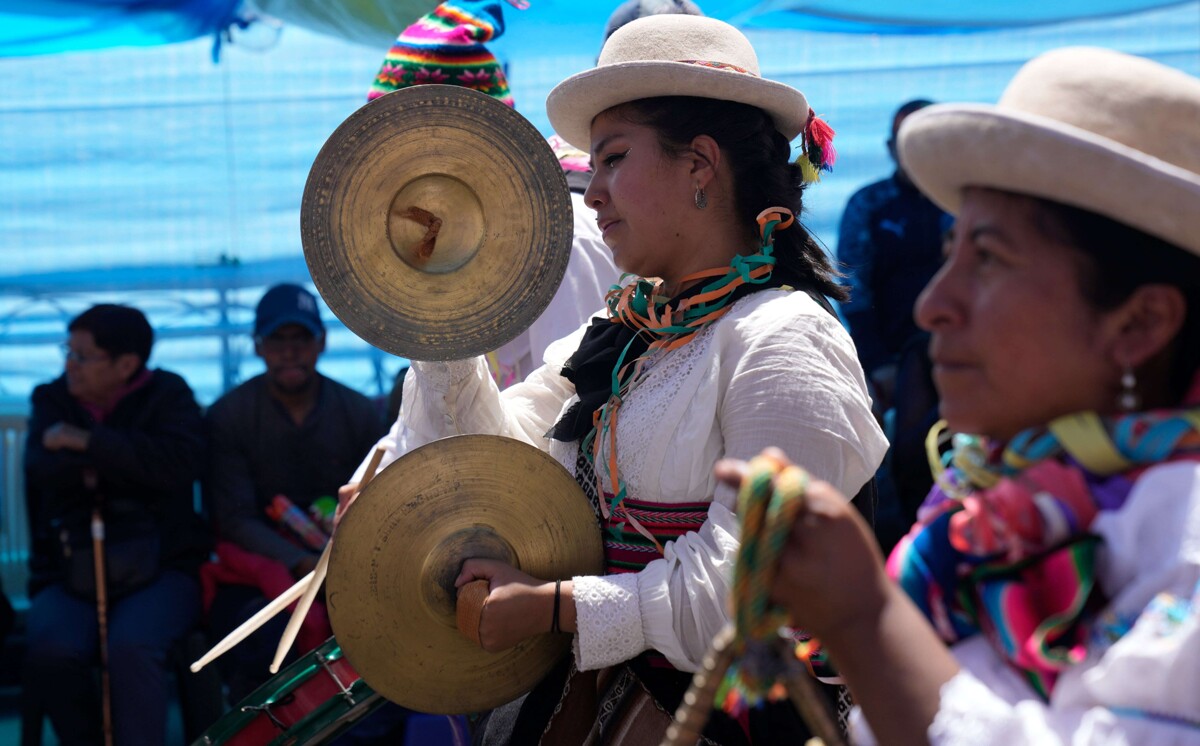
Every February 21, the importance of preserving mother tongues is commemorated with the aim of preventing their disappearance. According to UNESCO, cultural and linguistic diversity is essential for the development of sustainable societies, as languages transmit and preserve traditional knowledge and cultures sustainably.
International Mother Language Day, celebrated on February 21, marks 25 years of efforts to preserve linguistic diversity and promote the languages of indigenous and Afro-descendant populations. In 2025, UNESCO will title the commemoration "Languages Matter: Celebrating the Silver Anniversary of International Mother Language Day."
According to UNESCO, a language disappears every two weeks, and the difficulties are exacerbated by the lack of access to education in the mother tongue in many communities around the world. UNESCO established February 21 as International Mother Language Day in an effort to promote and protect linguistic diversity.
In Mexico, the government reports that 43% of the six thousand languages in existence worldwide are at risk of disappearing. The country has notable linguistic diversity, being recognized as multilingual and multicultural, with 68 indigenous languages and 364 linguistic variants, of which at least 60 are in danger of disappearing.
Mexico joins international efforts to preserve languages, recognizing that each of them is a unique way of perceiving and encoding the world. The date of February 21 is relevant for Mexico due to its linguistic richness, with 68 indigenous languages present in its territory.
The initiative for International Mother Language Day originated in 1952 in Bangladesh, following the killing of several students during a protest demanding recognition of their mother tongue, Bengali. In November 1999, UNESCO proposed February 21 as Mother Language Day to promote respect for linguistic diversity worldwide.












